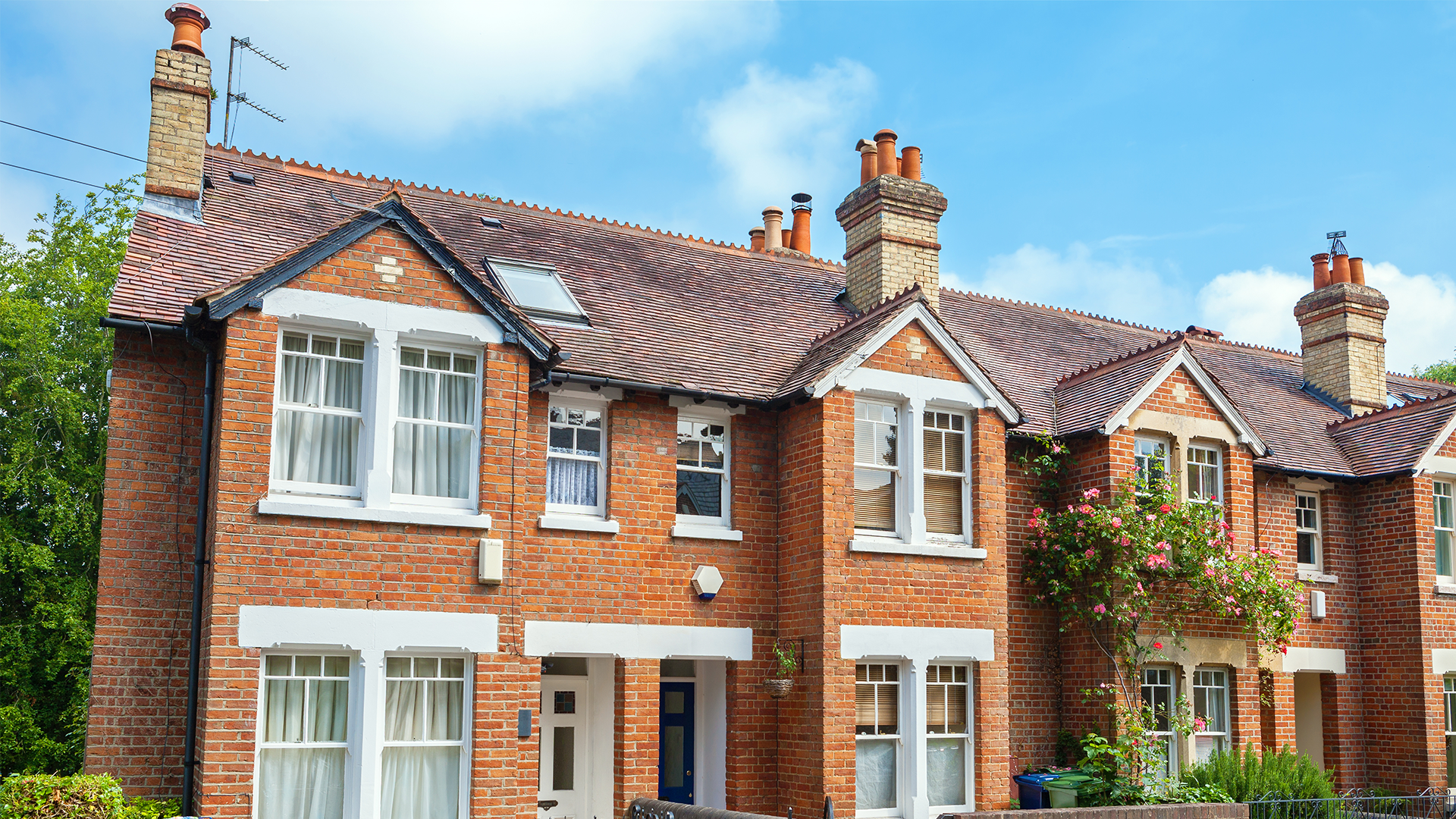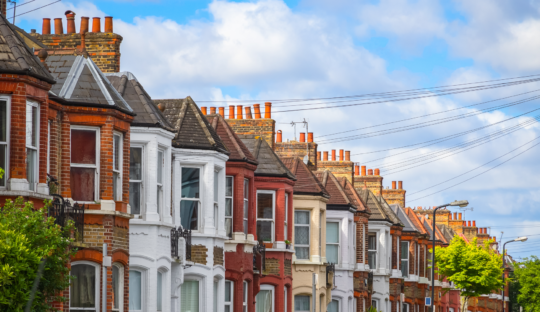In this article
If you are a council tenant considering purchasing your home through the Right to Buy scheme, one of the most common questions is whether you need a deposit.
The answer can depend on various factors, but many buyers find they can purchase their council house without needing a large deposit, thanks to the benefits offered by the scheme.
Let’s explore whether a deposit is necessary and how the Right to Buy scheme helps tenants achieve homeownership.
Right to Buy Mortgages
Explained in 2 mins 19 seconds
Find more videos like this on MoneymanTV
Understanding the Right to Buy Scheme
The Right to Buy scheme is designed to help long-term council tenants purchase the home they live in at a discounted price.
The size of this discount increases the longer you have been a tenant, and it plays a key role in reducing the overall cost of the property.
In many cases, this discount can be used as a deposit, which can significantly lower the amount of upfront savings required.
Will You Need a Deposit?
In many cases, you will not need a traditional deposit. The discount offered by the Right to Buy scheme can often serve as your deposit, which reduces or eliminates the need for extra savings.
For example, if your home is valued at £200,000 and you are eligible for a 50% discount, you would only need to borrow £100,000.
In this case, the discount covers what would normally be required as a deposit, meaning you may not need to provide any additional funds.
Situations Where a Deposit May Be Required
Although the discount can replace the deposit in many situations, some mortgage lenders may still ask for a small deposit, depending on their policies.
This deposit is typically much lower than what would be required for a regular home purchase, often around 5% of the discounted price.
For example, if your discounted property price is £100,000, you might need a deposit of £5,000. This is still considerably less than the deposit you would need on the full market price of the property.
What Mortgage Lenders Expect
Each mortgage lender has its approach to Right to Buy mortgages, and their requirements around deposits can vary.
Some lenders are happy to accept the discount as a full replacement for a deposit, while others might ask for a contribution.
It’s important to speak with a mortgage advisor who specialises in Right to Buy mortgages, as they can help you find the best lender to suit your specific circumstances.
Other Costs to Consider
Even if you do not need a large deposit, there are still other costs you need to be aware of when buying a council house.
Legal fees are one of the key expenses, as you will need a solicitor or conveyancer to handle the legal process of purchasing the property.
Mortgage lenders will usually require a valuation of the property, and it is also wise to pay for a survey to ensure the house is in good condition. These are just a few examples of the additional costs involved.
How Much Can You Borrow with Right to Buy?
The amount you can borrow will depend on your financial situation, including your income, outgoings, and credit history.
Mortgage lenders will assess how much they are willing to lend, considering these factors.
Although the Right to Buy discount can help reduce the amount you need to borrow, the size of your mortgage must still fit within your financial capacity.
Seeking the Right Advice
If you are unsure whether you need a deposit or how to approach buying your council house, it is a good idea to seek advice from a mortgage advisor who understands the Right to Buy scheme.
They can help review your financial situation and guide you through the process, ensuring you are well-prepared for each step.
For many tenants, the Right to Buy scheme makes homeownership more accessible, often without a large deposit.
With the right advice and support, you may be closer to owning your council house than you think.







